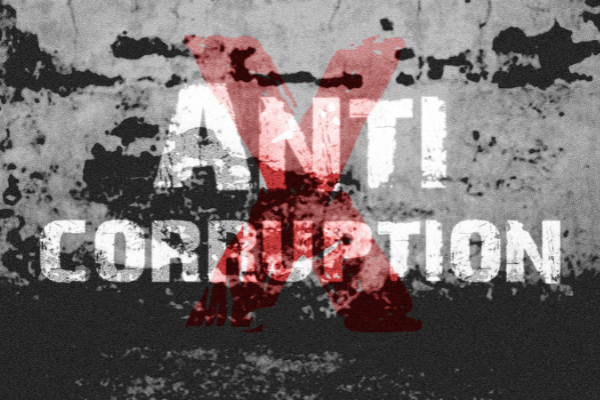Deadline: 25-May-22
The United Nations Development Programme has launched the Small Grants Scheme for the Non-state Actors to invest in innovative, local-level activities by local groups who want to work on anti-corruption initiatives and efforts in their communities.
The PNG Anti-Corruption project hopes that by introducing the small grants scheme, it will be able to increase its involvement with civil society in PNG, both to build their capacity and to initiate anti-corruption dialogue with the Government and public.
The Project “Preventing and Countering Corruption in Papua New Guinea” (PNG Anti-Corruption Project) implemented jointly by UNDP and UNODC and funded by the EU aims to strengthen the Government’s commitment and capacity to address corruption in line with the United Nations Convention Against Corruption (UNCAC) to effectively promote the Sustainable Development Goals for the benefit of all Papua New Guineans.
The project aims to support the National Anti-Corruption Plan of Action 2020-2025 to implement Papua New Guinea’s National Anti-Corruption Strategy 2010-2030. The key project partners are the Government of Papua New Guinea, key national institutions, civil society, and communities.
Areas of Intervention
Non-State Actors are encouraged to apply if they can demonstrate that they have experience in implementing activities and that the proposed project contributes to the following areas:
- General anti-corruption awareness, knowledge advocacy activities/communications products and events with focus on PNG including the provinces;
- Awareness focused on the roles and responsibilities of the key anti-corruption institutions in Papua New Guinea, including but not limited to the PNG Independent Commission against Corruption (ICAC);
- Education/knowledge products and activities focused on anti-corruption legislative and institutional framework in PNG;
- Awareness and advocacy activities related to Whistleblower Protection and Whistleblower Act;
- Awareness and advocacy activities related to the anti-corruption in most vulnerable sectors (i.e., impact of corruption on climate change; role of investigative journalism and independent media; corruption clean public sector; corruption in health or education sectors; gender and corruption, Gender Based Violence and Corruption, etc.);
- Activities such as surveys or research focused on experience and/or perception of corruption amongst citizens (i.e., Focus Group Discussions, round tables, smaller pilot surveys in selected sectors, e.g., in school, hospitals, private sector, CSOs, etc.);
- Awareness and advocacy that aim to raise awareness about the freedom of information measures and legislation to increase Government accountability and transparency;
- Awareness/advocacy activities about corruption in the private sector in any form, including tax-evasion schemes in specific sectors/regions or by specific groups;
- Awareness and education related activities and products that promote the role of CSOs, media, private sector, youth in anti-corruption.
Funding Information
- Maximum amount allocated for any grant is USD 7,588. The total available funds for the 2022 grant cycle are USD 68,300, and grants will be awarded up to nine (9) organizations.
- Proposals with the project staff salary costs cannot exceed 20% of the total budget as they will be rejected disqualified without further consideration.
Eligibility Criteria
- Registered Not-for-Profit Organizations NGOs, Media Organizations that work on Anti-Corruption, Governance/Accountability/Human Rights;
- Chambers of Commerce or similar organizations.
- Youth networks, community-based organizations (CBOs) and faith-based organizations (FBOs) in partnership with an existing registered not-for-profit organization. A letter to confirm support/partnership should also be included in the submission process.
For more information, visit https://procurement-notices.undp.org/view_notice.cfm?notice_id=89953
